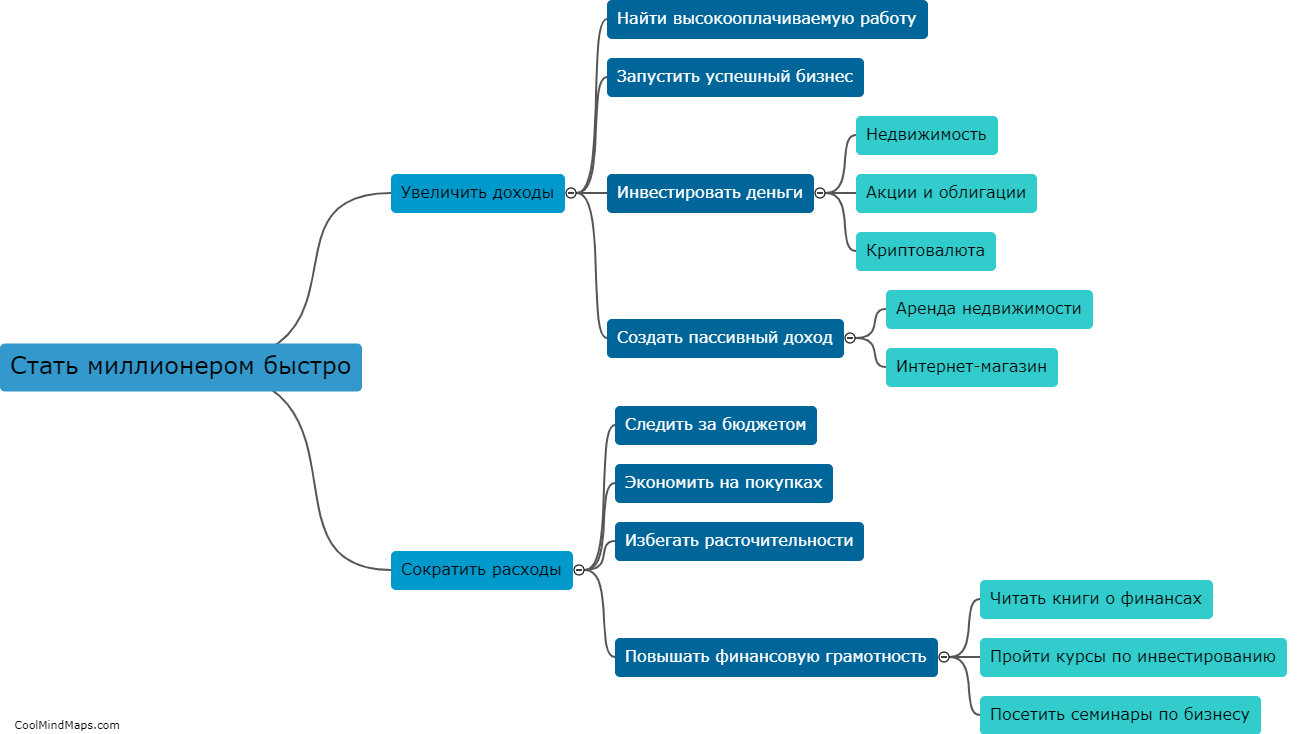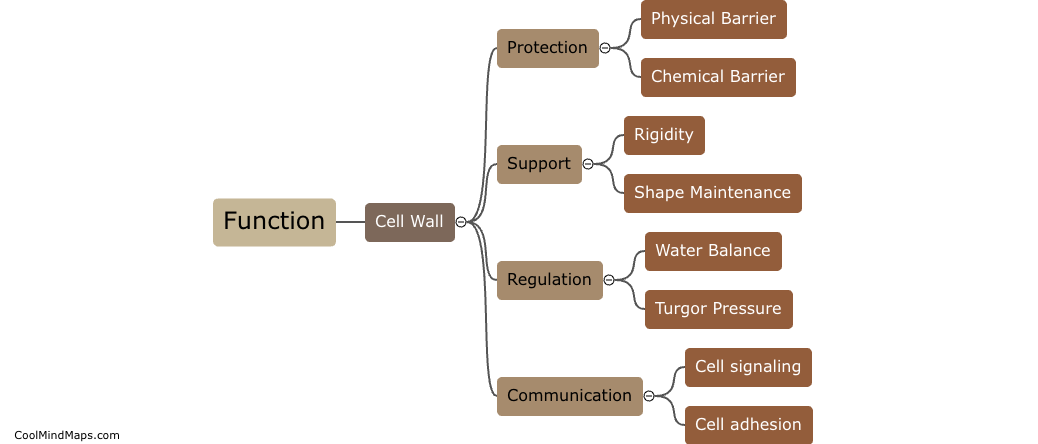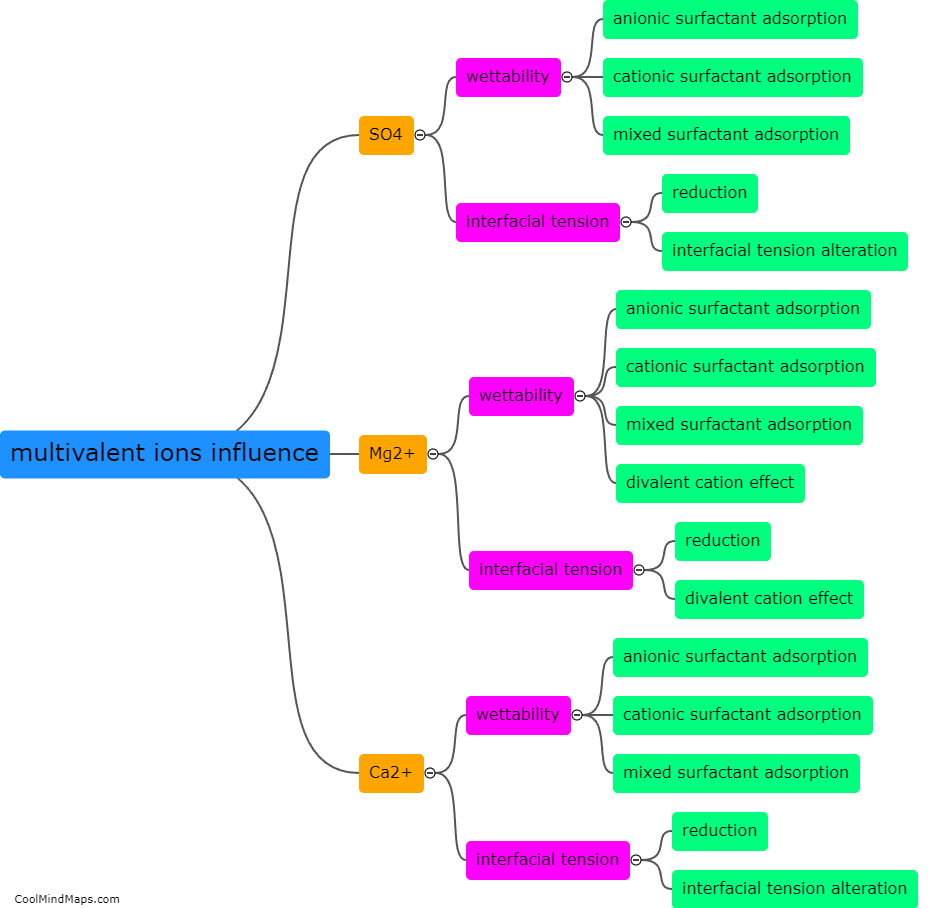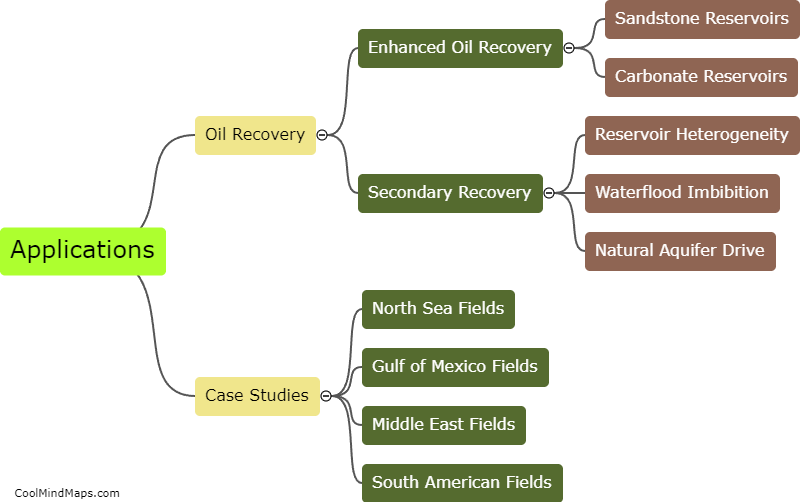How does low salinity water flooding enhance oil recovery in carbonate reservoirs?
Low salinity water flooding is an emerging technique that has shown promising results in enhancing oil recovery in carbonate reservoirs. When low salinity water is injected into the reservoir, it interacts with the rock and crude oil, leading to several favorable mechanisms. One of the main effects is the alteration of wettability, changing the surface characteristics of the rock. This change promotes increased oil displacement and mobilization, enabling the oil to flow more easily through the rock pores. Additionally, low salinity water flooding reduces the interfacial tension between the oil and water phases, which further aids in oil recovery. The specific mechanisms involved in this process are still being researched and understood, but the positive outcomes observed in various laboratory and field studies have demonstrated the potential of low salinity water flooding as an effective method for enhanced oil recovery in carbonate reservoirs.

This mind map was published on 15 December 2023 and has been viewed 115 times.











